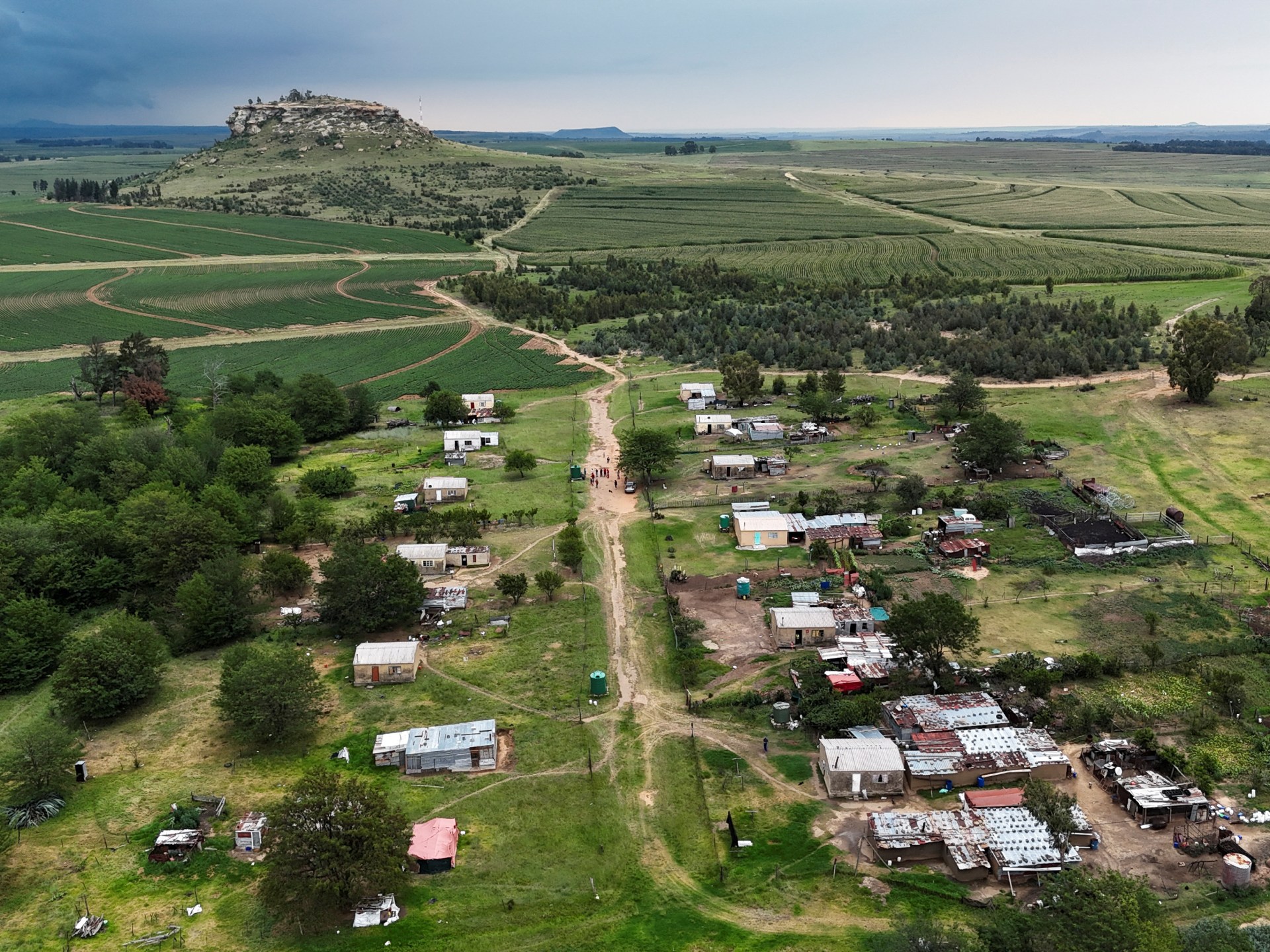More
‘No thanks’: White South Africans turn down Trump’s US immigration offer

U.S. President Donald Trump recently signed an executive order that has sparked significant debate, both internationally and within South Africa. The order provides for the resettlement of Afrikaners—primarily white descendants of early Dutch and French settlers—who Trump claims are victims of racial discrimination in South Africa. However, despite the offer, many Afrikaners and their representative groups have expressed little interest in leaving their homeland, opting instead to address the challenges they face within South Africa itself.
The executive order is tied to Trump’s decision to cut U.S. aid to South Africa, citing concerns over a controversial land expropriation act signed by South African President Cyril Ramaphosa. The act aims to address the deep racial inequalities in land ownership that stem from South Africa’s history of apartheid and colonial rule. Currently, a disproportionate amount of South Africa’s land remains in the hands of the white minority, with three-quarters of privately owned land held by just 7.2% of the population, who are predominantly white. The new law seeks to redress this imbalance by making it easier for the state to expropriate land in the public interest. While the law does not involve forced seizures of land, it has been a contentious issue, with some white South Africans expressing concerns about the potential impact on their property rights.
Despite Trump’s offer of refuge, many Afrikaners have rejected the idea of leaving South Africa, choosing instead to fight for their rights within the country. Groups like AfriForum, a prominent Afrikaner-led organization, have stated that they are not taking up the offer, arguing that emigration would come at the cost of their cultural identity. AfriForum’s CEO, Kallie Kriel, emphasized that while some individuals may choose to emigrate, the broader Afrikaner community remains committed to their homeland. Similarly, the Solidarity Movement, which represents about 600,000 Afrikaner families, expressed a shared commitment to South Africa, stating that repatriation as refugees is not a solution they are seeking. They made it clear that while they may disagree with the ruling African National Congress (ANC), their love for their country and their determination to address injustices at home remain steadfast.
Not all Afrikaners have dismissed Trump’s offer outright, however. Some, like Werner van Niekerk, a 57-year-old carpenter from Bothasig, have appreciated the gesture, even if they are undecided about whether to take up the offer. Others, such as author Pieter du Toit, have approached the situation with humor, poking fun at the idea of an “Afrikanership test” or the practicalities of resettlement in the U.S. Du Toit also made a lighthearted reference to Elon Musk, the South African-born billionaire, jokingly asking if Musk might offer financial support to Afrikaners starting anew in the U.S. These reactions highlight the complexity of the situation, with some Afrikaners expressing gratitude for the offer while others remain deeply rooted in their homeland.
The land reform debate in South Africa is a deeply emotional and historically charged issue. The ANC, the ruling party, has accused Trump of amplifying misinformation about the situation, particularly that propagated by Afrikaner lobby groups like AfriForum. The party has defended its land reform policies as necessary to address the injustices of the past, when the apartheid regime forcibly removed millions of Black South Africans from their land to hand it over to white settlers. For many Black South Africans, land reform is a matter of justice and equality, while for many white South Africans, it raises concerns about security and the future of their farms.
In the end, Trump’s offer has highlighted the nuanced and deeply contentious nature of racial and land ownership issues in South Africa. While some Afrikaners have expressed gratitude for the gesture, the broader community has made it clear that they are not looking to leave. Instead, they are choosing to remain in the country they call home, determined to navigate the challenges of South Africa’s post-apartheid era. Whether through dialogue, legal battles, or other forms of advocacy, the Afrikaner community appears committed to fighting for their rights in the land where their ancestors settled centuries ago.











